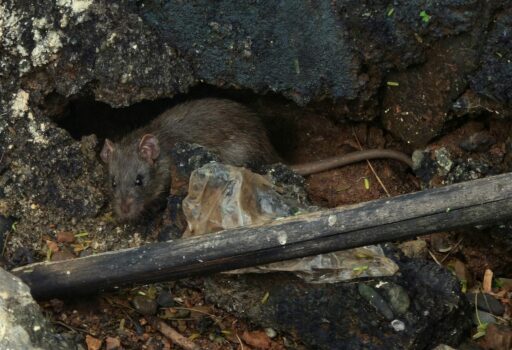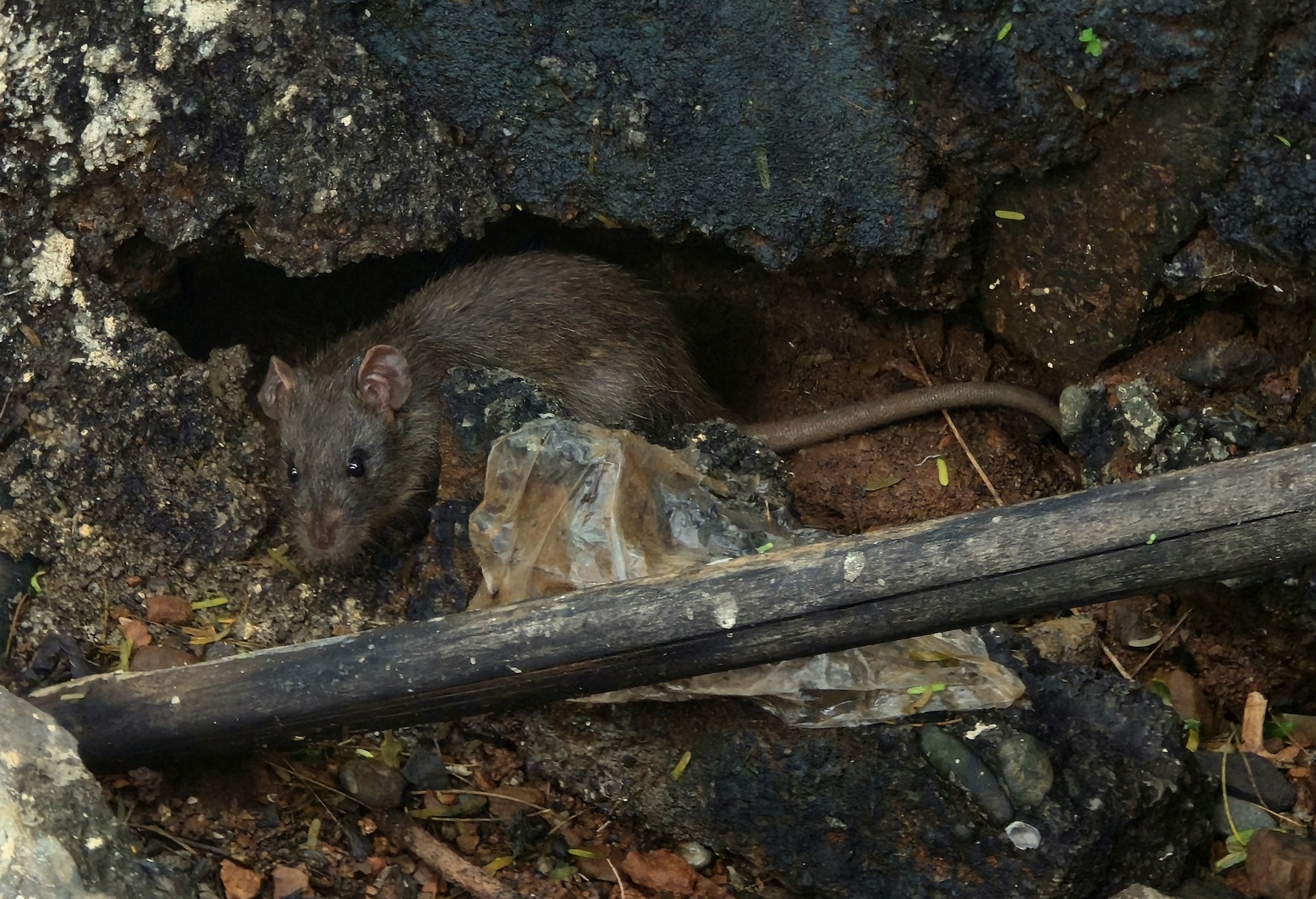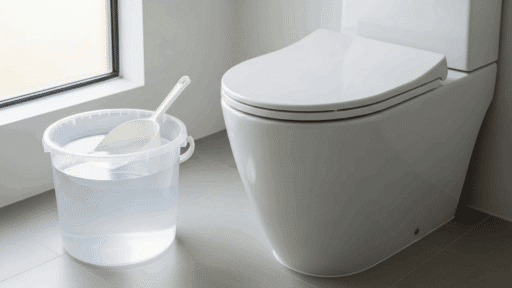A home should be a place of comfort, safety, and peace – not a battleground against unwelcome pests. From ants invading your kitchen to rodents nesting in your attic, pests can pose serious threats to your health, your property, and your overall quality of life. Fortunately, there are a variety of effective pest control solutions that can help maintain a pest-free environment.
This article explores practical strategies for safe and efficient pest control. Read on.
Understanding the Importance of Pest Control
Pests are more than just a nuisance. They can carry harmful bacteria and diseases, cause allergic reactions, and inflict structural damage to your home.
Rodents can chew through electrical wiring, which increases the risk of fires. Cockroaches are known to spread bacteria such as Salmonella and E. coli. Termites quietly destroy wooden structures, often resulting in costly repairs.
Mosquitoes can transmit serious illnesses like West Nile virus and dengue fever. The key to effective pest control is a proactive approach.
Prevention Is the Best Defense
The most effective pest control starts with prevention. Homeowners can take several actions to keep pests out.
Start by inspecting your home’s exterior and sealing cracks, holes, and gaps around windows, doors, and the foundation. Install door sweeps on exterior doors and repair any damaged screens to block entry points.
Keep your home clean to avoid attracting pests. Store food in airtight containers, take out the garbage regularly, and clean kitchen surfaces daily. Avoid leaving crumbs or spills on counters and floors.
Eliminate sources of standing water around your home. Fix leaking faucets, clear out clogged gutters, and frequently empty items like birdbaths, pet water bowls, and plant trays.
Trim trees and shrubs regularly to prevent branches from touching your home. Overgrown vegetation can provide an easy path for pests like ants, spiders, and rodents.
Natural Pest Control Solutions
Natural remedies offer safer alternatives to chemical pesticides, especially for households with children or pets.
Many essential oils repel pests due to their strong scents. Peppermint oil helps keep spiders, ants, and mice away. Lavender oil works well against moths and mosquitoes. A few drops of essential oil mixed with water can be sprayed around windows, doors, and other entry points.
Diatomaceous Earth (DE) is a natural, non-toxic powder that kills insects like ants, fleas, and bed bugs by damaging their exoskeletons. Sprinkle it in cracks, under appliances, and along baseboards where pests are likely to travel.
A combination of vinegar and baking soda can deter ants and clean surfaces that pests frequent. Vinegar is also useful for eliminating the scent trails that ants follow.
Certain plants can act as natural pest deterrents. Basil and mint help repel flies and mosquitoes, while marigolds can keep aphids and other insects away. Planting these near windows, patios, or entryways can reduce pest activity around your home.
Chemical Pest Control – Use with Caution
Chemical pesticides can be effective but must be used with care. Improper use may pose risks to humans, pets, and beneficial insects.
Always read and follow the instructions on pesticide labels. Wear gloves and protective gear when handling chemicals, and keep treated areas off-limits to children and pets until they are safe. Store pesticides in their original containers and keep them out of reach.
Different pests require different approaches. Ant baits attract ants and poison the entire colony.
Gel-based cockroach baits are safer and more effective than sprays. Rodent bait stations help control mice and rats while minimizing risk to non-target animals.
If you are unsure about which chemicals to use or how to apply them safely, consider hiring a licensed pest control technician.
Professional Pest Control Services
For severe or persistent infestations, hiring a professional is often the best solution. Pest control professionals can assess the situation and apply targeted treatments safely and effectively.
Professionals typically begin with a thorough inspection to determine the extent of the infestation. Many companies offer Integrated Pest Management (IPM) plans, which combine multiple techniques for long-term control. Specialized services like heat treatment, fumigation, or baiting may be used depending on the type of pest and the level of infestation.
Professionals have access to tools and expertise that most homeowners do not. They also stay informed about pest behavior, seasonal trends, and the safest methods of control.
When choosing a pest control company, make sure the provider is licensed and certified. Ask about their safety practices and request a clear, written treatment plan and estimate. Click for pest control in Mercer Island here to learn more.
Ongoing Monitoring and Maintenance
Pest control should not be a one-time activity. Keeping your home pest-free requires ongoing monitoring and maintenance.
Inspect your home seasonally, especially before spring and fall, when many pests are most active. Watch for signs of pest activity, such as droppings, gnaw marks, unusual smells, or nests in hidden areas.
Keep physical barriers in good condition. Replace worn door seals and weather stripping, and patch any holes or cracks as soon as they appear.
Maintain your yard and remove clutter from basements, attics, and garages, where pests often hide or nest. Keep food sealed, avoid standing water, and continue routine cleaning to reduce the chances of attracting pests.
You may also want to consider signing up for an annual pest control contract, which includes regular inspections and preventative treatments.
Common Household Pests and How to Handle Them
Here’s a quick overview of some of the most common household pests and how to manage them effectively.
Ants often enter homes in search of food. Keep surfaces clean, seal food containers, and use ant baits near trails and entry points. Seal cracks around windows, doors, and foundations.
Cockroaches thrive in damp, dark environments. Eliminate food and water sources, declutter areas like under the sink, and use roach gels and traps. Repair leaks and keep your home dry.
Mice and rats can squeeze through small holes to enter your home. Seal gaps, store food properly, and set traps along walls and known travel paths. If your home is in the Phoenix area, consider hire a rodent control expert in Phoenix to provide a thorough inspection, exclusion/sealing of entry points, targeted trapping, and sanitation tailored to local roof rat and pack rat activity.
Termites are difficult to detect early. Look for signs like mud tubes, hollow-sounding wood, or swarms of winged insects. Schedule annual inspections and use bait stations or professional treatments.
Keep Your Home Pest-free
A pest-free home is essential for your family’s health, comfort, and peace of mind. By following this guide, you can create a long-term solution to pest problems.
Pest control is not just about removing bugs or rodents. It’s about protecting your home and maintaining a safe, healthy environment.
If you want to read more articles, visit our blog.








